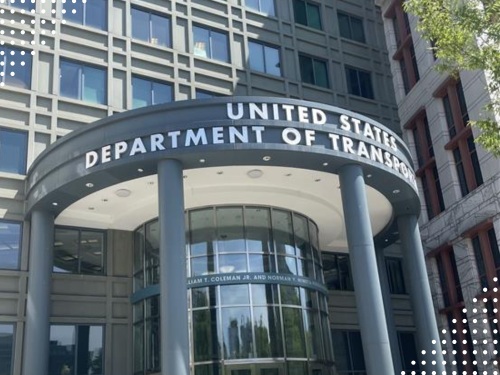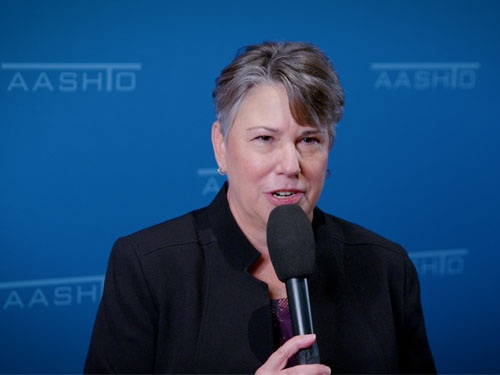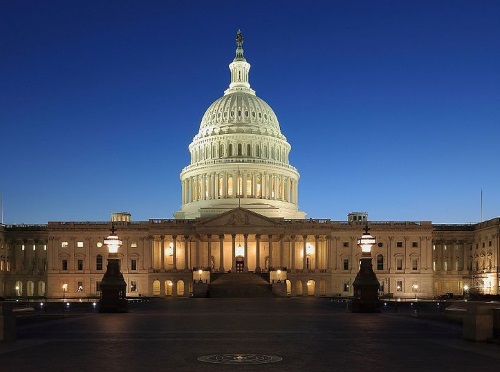Funding shortages due to the COVID-19 pandemic and the lack of movement on a new five-year federal surface transportation reauthorization bill continue to put pressure on the bottom lines of state departments of transportation across the country.
Most observers anticipate Congress (which officially recessed on August 14 until September 8 without passing legislation to provide further COVID-19 relief) will pass a continuing resolution to maintain current federal surface transportation funding, but any such extension is not expected to address either the short-term or long-term funding shortages being experienced by state DOTs.

For example, the Missouri Department of Transportation decided on August 11 that it would not be issuing a call for Rural Statewide Transportation Alternatives Program or TAP project applications due to the uncertainty associated with federal funding.
In mid-July, the Wyoming Department of Transportation announced that it would delay 11 construction projects and review local transportation programs due to “long- and short-term funding issues” caused by reductions in fuel tax revenues, petroleum market revenues, and other fees – with the COVID-19 pandemic expected to create “additional” budgetary impact as well.

According to K. Luke Reiner, Wyoming DOT’s director, that “delay” will reallocate about $436 million over the next six years from new capacity improvement efforts to asset maintenance projects.
“We are operating in unprecedented times exacerbated by the coronavirus pandemic and we need to look at every avenue to save money,” he said in a statement. “WYDOT’s state and federal funding streams also have not kept pace with the needs of the state-owned transportation system for maintenance, construction and improvements or even inflation. The impact of the coronavirus pandemic has further compounded those issues.”
That’s why Jim Tymon, executive director of the American Association of State Highway and Transportation Officials, noted in a recent video interview that such revenue falloffs leave state DOTs no choice but to furlough workers and delay or even cancel billions in essential transportation projects.
“No two state DOTs are alike, but in general, we’re talking about the kinds of transportation projects that have a direct impact on people’s quality of life in our nation,” he explained.
“We’re talking about capital improvement projects to expand and enhance highways and bridges,” he emphasized. “And we’re talking about preservation and maintenance projects such as bridge deck repairs, pavement patching, plus snow and ice removal that support our nation’s ability to continue delivering food to grocery stores and emergency supplies to hospitals. Our transportation network is essential for those actions to occur.”
 Top Stories
Top Stories
USDOT Makes $1.5B Worth of BUILD Grants Available
December 19, 2025 Top Stories
Top Stories

